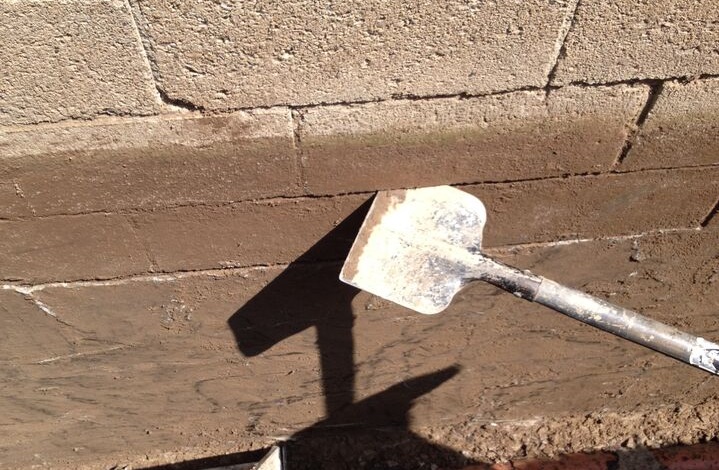Identifying the Cause of Flooding in Your Basement

Dealing with a wet basement is a homeowner’s worst nightmare. Flooded basements can require a lot of time and work to repair – not to mention expense. To avoid having a flooded basement in the first place, it’s best to complete prevention measures. Here are some of the most common causes of basement flooding.
Faulty Basement Equipment
If your home has a sump pump, excess water can be safely pumped out and away from the foundation. However, that’s only possible when the sump pump is working properly. When a sump pump’s faulty or fails, the groundwater surrounding the foundation can increase and eventually spill onto the basement floor.
Like a sump pump, a faulty hot water tank or water supply-line can also lead to flooding issues. When hot water tanks get old or are installed incorrectly, cracks can occur, leading to hundreds of gallons of water spilling onto your basement floor.
Downspout and Gutter Debris
Used to direct water away from your home and its foundation, gutters only work properly when they are clear of remains. When leaves, twigs, and other debris clog up the gutter system, water is prevented from moving off the roof, through the downspout, and away from your home.
If your downspouts aren’t properly installed at least five to six feet away from the basement wall, water can pool next to your home and slowly seep into your basement. Having your property graded will ensure the water from your downspouts ends up where it should.
Overflowing Sewers
When a blockage occurs in the direct connections to the municipal storm and/or sanitary collection systems fail, a sewage backup can occur.
Also created when heavy rain leads to a system overload, sewer backups can be one of the worst types of basement damage to occur due to the smell, damage, and health risks they create. Potentially full of contaminants, viruses, and bacteria, sewage also contains hydrogen sulphide, which can be fatal.
Foundation Drainage Issue
The drainage system around your home is meant to move water away from the basement, instead of seeping into the basement. When this system, comprised of weeping tiles, deteriorates over time, basement flooding can be experienced – especially during heavy rainfall.
When the water table rises, seepage can also occur. In this case, water enters the basement through cracks and holes in the drainage materials and pipework surrounding the foundation.
Contacting a foundation specialist is the best way to identify if a foundation issue is to blame for your basement flooding.
Have Your Basement Inspected by a Foundation Expert
With spring now in full swing, now’s the time to make sure your basement is properly equipped to prevent a flood from happening. Having a foundation expert complete a thorough inspection of your property can help address any potential issues before they create a potential disaster.
For more information about our foundation services or to schedule an inspection, contact our team today.